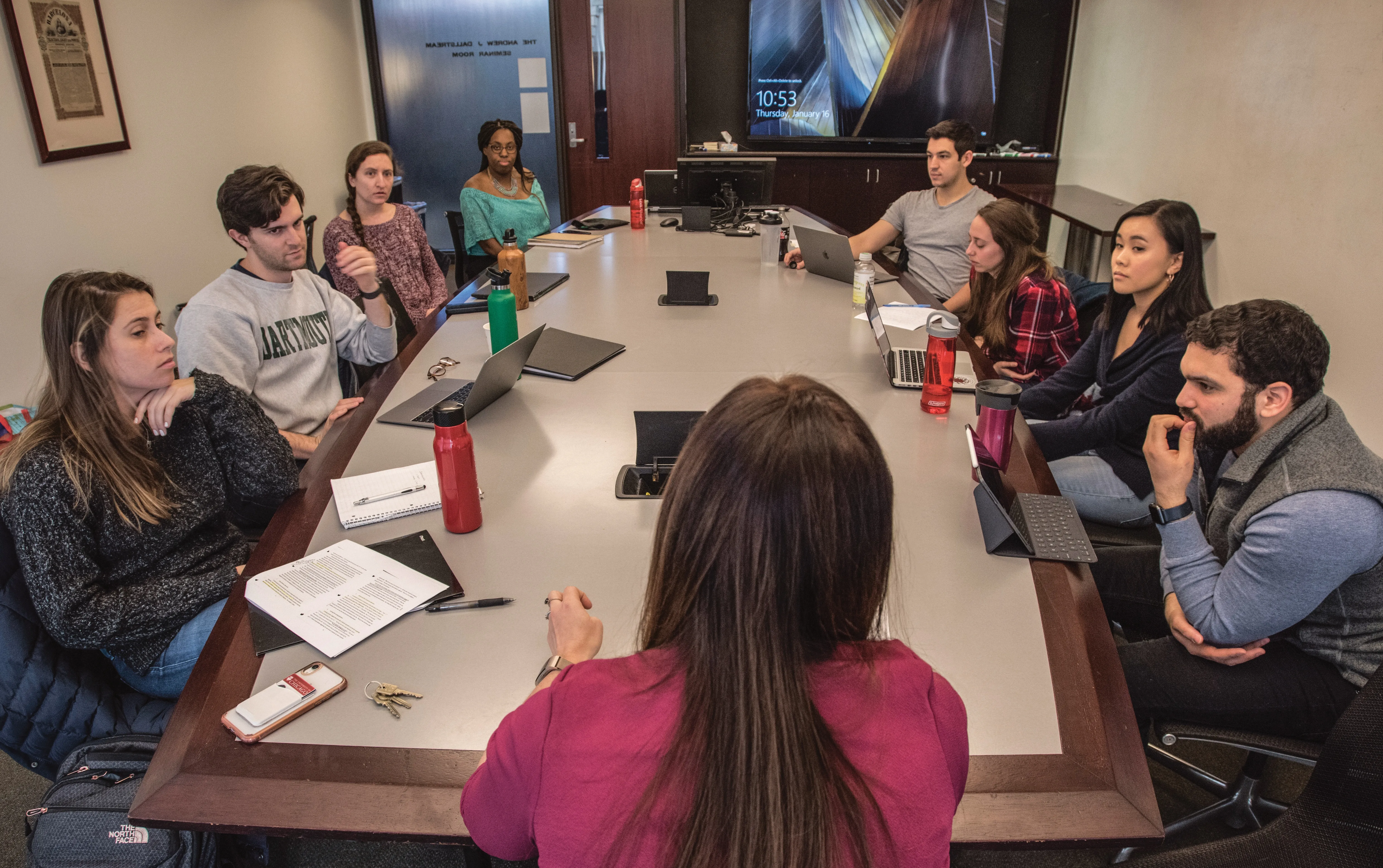Comprehensive Database Offers New Tools for Examining Global Competition Laws and Policy
Two leading scholars from the University of Chicago Law School and Columbia Law School have released the world’s most comprehensive collection of competition laws and enforcement practices to date, providing researchers, lawyers, journalists, and policymakers with new tools to assess the economic impact of these laws across borders.
Competition laws, which is the term used for antitrust laws in most of the world, have proliferated across the globe over the past three decades as international institutions and governments have looked to regulations as a means to enhance competitiveness and market performance—a strategy that has become a growing topic of debate among economists.
“Despite the spread of competition laws, until now there has been limited data available to systematically compare regulatory regimes across countries, determine which factors lead to the adoption of competition laws, and what effects these laws have on market outcomes,” said Columbia’s Anu Bradford, the Henry L. Moses Professor of Law and International Organization and director of Columbia Law’s European Legal Studies Center, who developed the “Comparative Competition Law” project with University of Chicago Law Professor Adam Chilton.
The ambitious, five-year project draws on new data on the evolution of competition laws and offers several publicly accessible sets of data including the Comparative Competition Law dataset, which compiles competition laws from more than 120 countries from 1889 to 2010, and the Comparative Competition Enforcement dataset, which provides data on the resources and activities of the government agencies charged with enforcing competition law in 100 jurisdictions from 1990 to 2010. In addition, Bradford and Chilton have also used these data to develop the Competition Law Index, which provides a single measure of the stringency of countries’ competition laws from 1889 to 2010.
Chilton and Bradford’s work highlights the rapid growth in competition laws in recent decades. Canada enacted the world’s first modern competition law in 1889, followed by the United States a year later. From 1900 until the end of World War II, however, only 15 countries adopted competition laws. During the Cold War, another 26 countries adopted competition laws. After the fall of the Soviet Union and the transition of many countries to market economies in the late 20th century, the number of countries with competition laws exploded. Between 1990 and 2010, 76 countries adopted competition laws. By 2010, 133 jurisdictions—127 countries and six regional organizations—had competition laws.
“At the start of the 20th century, only a handful of countries had competition laws on the books, and the United States was the undisputed leader in the development and enforcement of these regulations,” Chilton said. “By the start of the 21st century, however, countries in every corner of the world had competition laws on the books. And, as our research with these data has shown, the European Union’s competition laws are now the dominant model that countries primarily copy.”
Bradford and Chilton’s research using these new data also suggests that while the “Chicago School” of economics has heavily influenced antitrust regulation and enforcement in the United States, the Chicago School’s ideas have had a much more modest influence around the rest of the world.
“There is now a major policy debate occurring in the United States about whether antitrust laws should be more vigorously enforced,” Bradford said. “Although a more robust enforcement would constitute a change in policy for America, it would not make the US an outlier. It would instead bring the US in line with a well-established enforcement policy in Europe.”
The study reflects the work of more than 100 Columbia Law School and University of Chicago Law School students and research assistants who helped Bradford and Chilton retrieve, review, and process the data used in their study. Competition law professionals around the world also provided assistance. This project was supported the National Science Foundation, and subsequently expanded with the generous support of the Columbia Public Policy Grant. The project also benefited from the support of the Coase-Sandor Institute for Law and Economics and the Baker Scholars Fund at the University of Chicago Law School as well as the Philippe P. Dauman Faculty Research Fund, the Mildred and George Drapkin Faculty Research Fund, and the Peter Drut Faculty Research Fund at Columbia Law School.
The data can be downloaded at http://comparativecompetitionlaw.org/data/. Access is free, but Bradford and Chilton ask users to provide a name and email address so they can share changes and additions to the data. Codebooks and other relevant files are also available for download. Feedback and questions can be sent to info@comparativecompetitionlaw.org.



